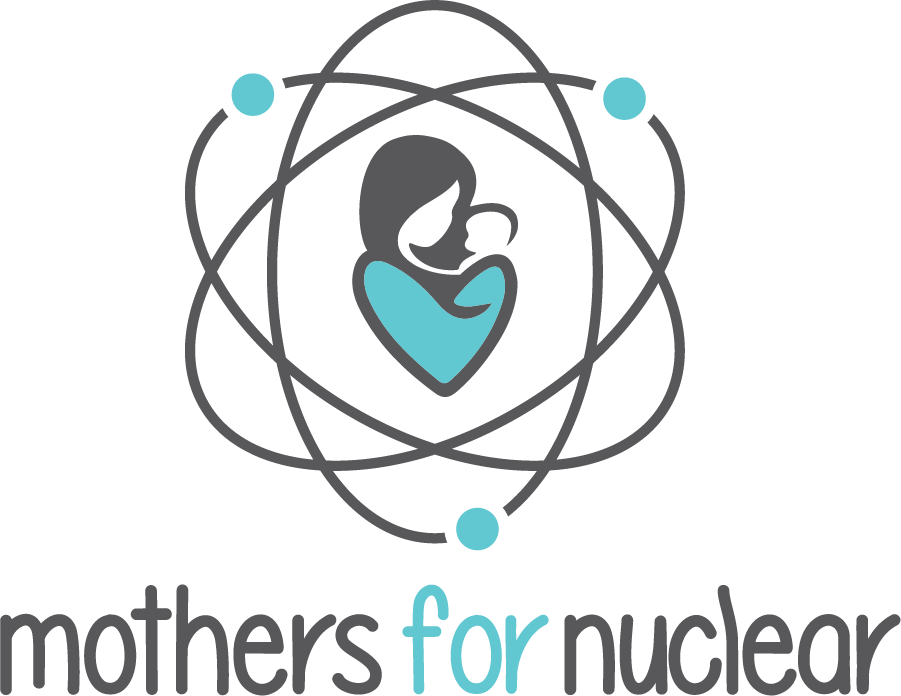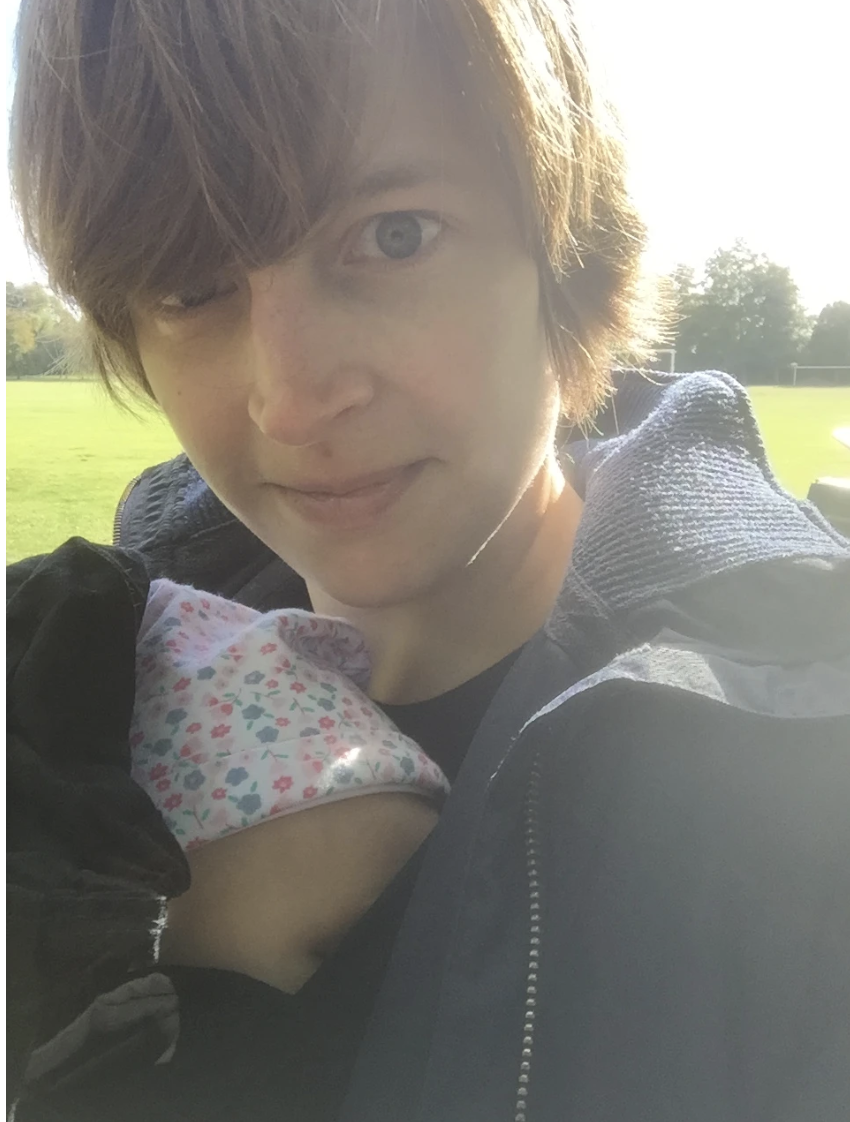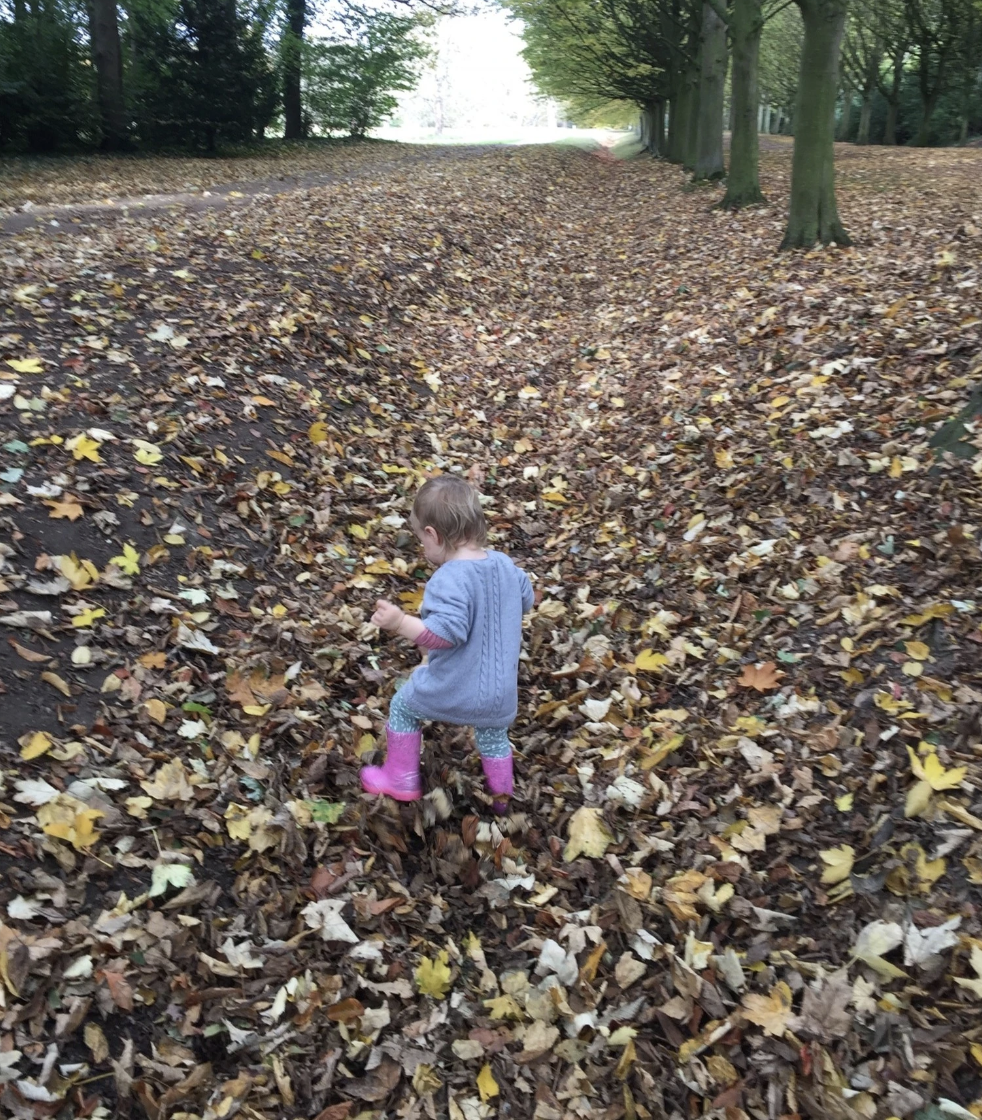Claire Newell
When I was a child, growing up in North-East London in the 80’s, the conversation about the environment didn’t feel hopeless in the way that it often does today. It was very pro-active for us children; I was aware there was a huge push to recycle, to return your aluminum cans, stop the use of CFCs in aerosols, etc.
This didn’t come from just the news. I don’t think I can overstate the influence of Blue Peter, a kids’ show with environmental messaging that all British children know so well. I strongly remember my brother getting the special-edition green Blue Peter badge for completing an ecological/environmental challenge of some sort.
At the time the messaging seemed to be that the control was in our hands, that our personal decisions felt like they had an impact on the world, that you could actually do something to help close the ozone layer in the sky, for example.
I remember a lot of talk about new standards and regulations, that better fridges were going to help a lot with CFCs and the like. Generally I felt that the adults were taking care of it.
I now feel that responsibility, as an adult, as a parent, to think about the legacy that my generation and those before us will leave for our children.
When I started working in energy communications in the mid 2000’s, the broader conversations we were having about energy were all about securing supply, prices, and distribution. It was clear then, as it is now, that we can’t put all of our eggs in one basket. I’ve always been pragmatic about the need for energy diversity. To me that just feels like common sense.
Nuclear energy is a daunting topic, with such complex technology. How nuclear fission functions is complicated, and that is a challenge for a lot of people. Unfortunately, that complexity goes hand in hand with the fear.
I’m not immune to it either, that fear. I remember the news broadcasts when I was a young child—the Chernobyl disaster. Those images were so powerful, even to a five-year-old. That mystique of the complex technology, the feeling that when it goes wrong, it’s catastrophic.
That’s hard to put to the side even when you know a lot about the field. I had an opportunity in 2018 to visit Fukushima Daiichi and to see the impact of the accident on the site and the surrounding area. It was a sombre and intensely humbling experience, while also so inspiring to hear from the leadership at the station and the workers doing so much on site and in the surrounding area to return it to a state fit for habitation.
I’ve been lucky to have met and worked with so many brilliant nuclear industry people. Proud professionals who really understand the impact that nuclear energy has on our world, on our everyday life. They keep the lights on, they keep the hospitals powered, they power a world where you can cook dinner at night and heat your home in the winter. They take that responsibility very seriously, and safety is at the heart of what they do.
I’m fortunate to have had that personal connection to the industry—not a lot of people experience that.
I try to bring that home to my two children, that knowledge that you have an impact on the world, that you can try to do better. When you bring a child into the world, so many things are thrown into sharp relief and your priorities adjust. For me, the importance of preserving nature became very top of mind.
It’s not easy to follow through on your values. There is so much bad news out there—I often can’t even bring myself to watch the latest nature documentaries—but I try to show my kids what can be done. We’re reducing plastic in the house, using fewer bottles, using shampoo bars instead. I want them to grow up in a household where single-use plastic isn’t normal and where we each have a personal responsibility for the environment.
We made a conscious decision to move out of London, to more of a town than a suburb, to make sure the kids see greenery and get out and experience the seasons. Places where you feel like you can breathe.
I firmly believe there is a need for us all to think a lot more locally in the future. There has been a lot of conversation recently about how we buy our fruits and vegetables, understanding where our food comes from. It needs to happen with energy; the conversation is going to have to move to us talking about a shift to local generation and distributed energy. The local aspect is going to make it easier to really see your own impact on energy demand.
That personal aspect, I think that’s what’s most missing in the conversation around energy today. People are used to being passive consumers of energy, I get that. I’m looking around my own home, the music’s on, the laptop’s open; I do understand. Being aware of your personal energy needs (or demands) makes you face reality a bit more. We want corporations and organisations to take responsibility, but we as consumers also need to recognise that the days of totally passive consumption should be behind us.
I don’t think that people who dislike nuclear can necessarily articulate why they dislike it, but they have that personal aversion. And what I’m saying is that we don’t have the luxury of that anymore. You might not like it, but how are we going to make it work before full-scale renewables are up and running? For us to make it to net zero, there has to be nuclear until then, whether you really like nuclear or not.
For children today, it’s not the ozone layer, but the great Pacific garbage patch and melting ice sheets that they hear about. Reducing rubbish, recycling, saving energy and resources, it’s in their consciousness and their reality. There is worry there for them; my oldest is already starting to feel it.
And it’s our job as parents to face those realities and do what’s right for them and for their futures.





